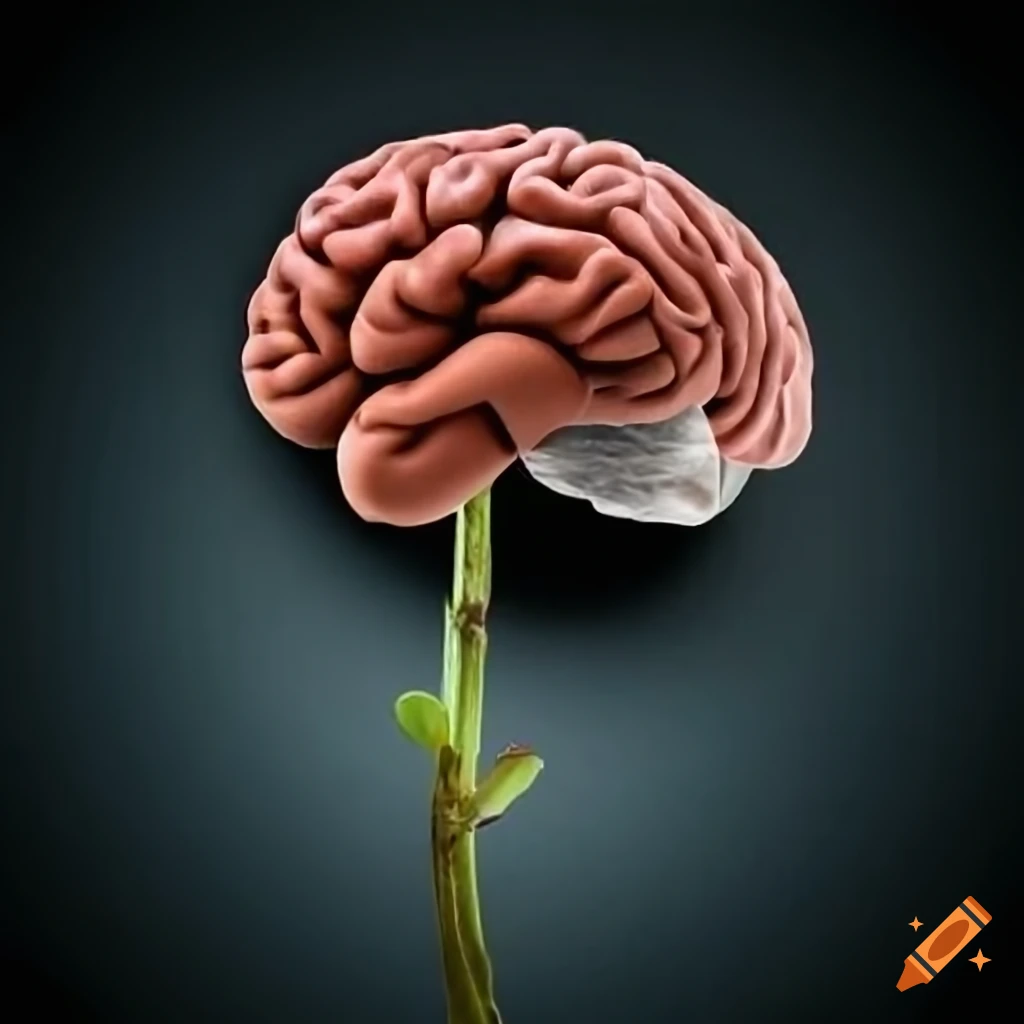
Memory is not a perfect recording of events but rather a reconstructive process that can be influenced by numerous factors, leading to inaccuracies and distortions over time.
One primary reason for false memories is the reconstructive nature of memory itself. When we recall an event, we do not simply replay a stored recording. Instead, our brains piece together fragments of information, which can sometimes lead to errors. This process is highly susceptible to various influences, such as our current emotions, beliefs, and expectations, which can shape and even distort our memories. For instance, if we are currently feeling a certain way or hold specific beliefs, these can color our recollection of past events, making them appear different from what actually happened.
Another factor that contributes to false memories is the influence of suggestion. Suggestive questioning, misinformation, or even conversations with others can introduce new and inaccurate details into our memories. For example, if someone repeatedly suggests that a certain event occurred, we might start to believe and remember it as if it actually happened, even if it did not. This phenomenon is often observed in legal settings, where eyewitness testimonies can be influenced by the way questions are posed or by exposure to other witnesses' accounts, leading to false or altered memories.
Additionally, our brains have a natural tendency to fill in gaps in our recollections. When we cannot remember specific details, our minds might generate plausible information to create a coherent narrative. This can lead to the incorporation of false details that we come to accept as true. For example, if we cannot remember a particular aspect of an event, our brain might "fill in the blanks" with information that seems to fit, even if it is not accurate. Over time, these fabricated details can become indistinguishable from actual memories.
Social and cultural factors can also play a role in the formation of false memories. The stories and narratives that we are exposed to in our communities, through media, and from our social circles can influence how we remember events. Collective memories, or shared memories within a group, can sometimes override individual recollections, leading us to adopt and internalize false memories that align with the group's perspective.
Overall, false memories highlight the complex and fallible nature of human memory. They underscore the importance of being aware of the factors that can influence our recollections and the need for caution when relying on memory as a source of information. Understanding the mechanisms behind false memories can help us develop better ways to verify information, reduce the impact of misinformation, and improve the accuracy of our recollections.
---
Note: If the text above is not clear, the reason is probably that ShowMoor has encrypted it.
Press the ShowMoor -button, join the community and you can - in addition to this - enjoy everything the service has to offer - for a small subscription fee.